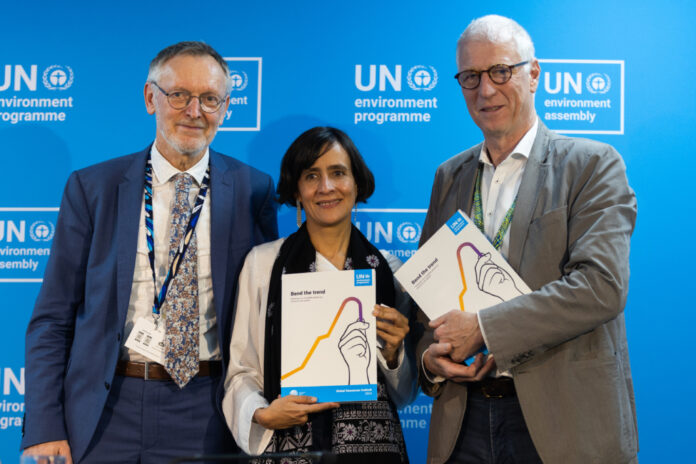Low-income countries have been identified as consuming significantly fewer materials and producing far fewer climate impacts compared to high-income countries, with a consumption rate six times lower and climate impacts ten times lower. This data comes from the 2024 Global Resource Outlook, released by the International Resource Panel during the sixth session of the UN Environment Assembly.
The report indicates that over the last five decades, upper-middle-income countries have experienced more than a twofold increase in resource consumption due to expanding infrastructure and the transfer of resource-intensive activities from high-income countries. Despite this trend, per capita resource usage and associated environmental impacts in low-income countries have remained relatively low and stable since 1995.
The Global Resource Outlook calls for significant policy changes to enable humanity to live sustainably within its means. It advocates for a reduction of projected resource use by one-third while simultaneously promoting economic growth, enhancing well-being, and mitigating environmental impacts.
The report also highlights a significant increase in resource use since 1970, rising from 30 to 106 billion tonnes or from 23 to 39 kilograms of materials utilized on average per person per day. This growth has resulted in profound environmental consequences, with resource extraction and processing contributing to over 60 percent of planet-warming emissions and 40 percent of health-related impacts from air pollution.
Specifically, the extraction and processing of biomass, such as agricultural crops and forestry, are responsible for 90 percent of land-related biodiversity loss and water stress, as well as one-third of greenhouse gas emissions. Similarly, the extraction and processing of fossil fuels, metals, and non-metallic minerals collectively account for 35 percent of global emissions.
Inger Andersen, Executive Director of UNEP, emphasizes the need to address the triple planetary crisis of climate change, nature loss, and pollution through sustainable consumption and production practices. “Reducing the resource intensity of mobility, housing, food, and energy systems is the only way we can achieve the Sustainable Development Goals and ultimately create a just and liveable planet for all,” Andersen states.
These findings underscore the importance of balancing economic growth with environmental sustainability to ensure a more equitable global future. By addressing resource consumption and environmental impacts, countries can work towards a more sustainable and resilient world for present and future generations.

